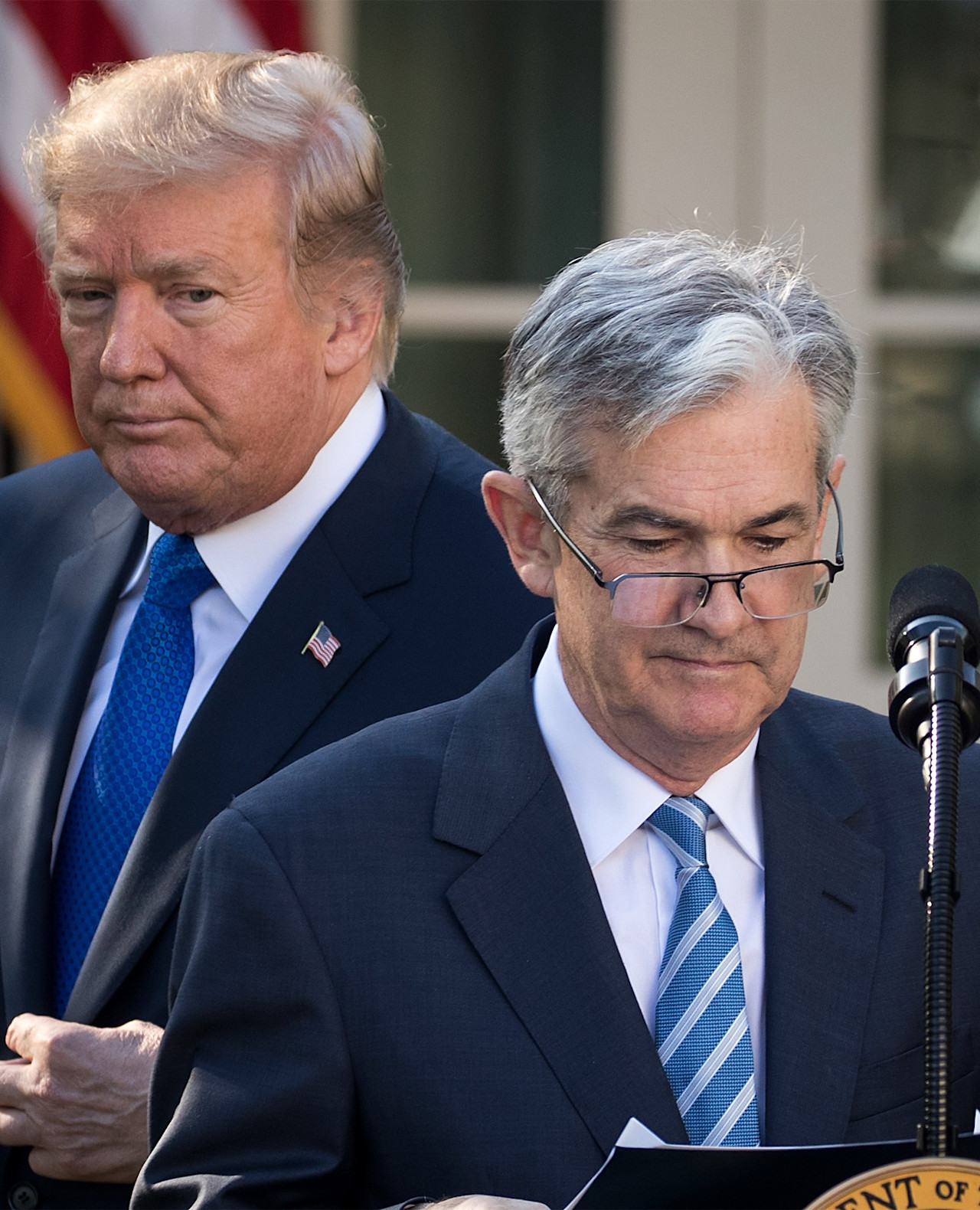

Finland holds on to country sustainability title
Nordic nations and EU maintain their sustainability edge. Elsewhere, aging populations, climate change and incompetent governance hamper performance.
Summary
- Influence and power of autocratic regimes may be weakening
- Democratic forces strengthen in Türkiye, but ESG performance still plummeting
- BRICS bloc still underperforming relative to potential
Finland narrowly edged out runner-up Sweden to retain the title of the world’s most sustainable country. Denmark overtook Norway for a spot in the top three while Switzerland, once again, rounded out the top five in the spring edition of the Country Sustainability Ranking.
With a five-notch move from October’s rankings, New Zealand broke into a top-ten traditionally dominated by European countries. Despite its emerging market status, Estonia ranked just below New Zealand at No. 11. The small Baltic state impressively maintains a sustainability performance that outshines bigger European economies including Ireland (No. 12), the UK (No. 13), France (No. 15), Luxembourg (No. 14) and Belgium (No. 24).
Moreover, climate and energy criteria continue to gain significance. Though some countries are making incremental gains, environmental scores continue to weigh down performance in multiple G20 countries including Canada (No. 16), Japan (No. 17) and Australia (No. 21). In contrast, better biodiversity and water efficiency marks helped elevate the US up slightly to position No. 36.
Sudan, Chad, and Libya in Africa and Iraq, Iran and Yemen in the Middle East rounded out the bottom of the 150-country list.
Figure 1: The global country sustainability ranking map¹

Data source: Robeco, country sustainability scores as of April 2023. Countries are color coded based on ESG scores.
Extreme inflation and a catastrophic earthquake helped galvanize a Turkish opposition, pushing it closer than ever to toppling the two-decade old regime of President Recep Tayyip. Though it mounted a formidable challenge, the opposition was, in the end, unable to release Türkiye from Erdoğan’s grip. The country’s deteriorating ESG position, which for decades has lagged emerging market peers, is set to continue its Erdoğan-era declines.
His authoritarian grip has left cultural, political, and economic institutions weak and unprepared for managing a dangerous mix of simmering environmental, social, and political risks. These include rising emissions, an aging population, reduced worker rights, constricted individual freedoms, and rampant corruption.
[Erdoğan’s] authoritarian grip has left cultural, political, and economic institutions weak and unprepared for managing a dangerous mix of simmering environmental, social, and political risks
Autocracy vs democracy
In addition to Türkiye, democracy has been under attack in regions across the world including Peru and Brazil in South America, Ethiopia and Tunisia in Africa, Myanmar and Thailand in Southeast Asia. However, these appear as mere skirmishes compared to Russia’s invasion of a sovereign Ukraine.
Meanwhile, China’s phenomenal rise in economic growth has challenged long-standing notions that democracy is superior to autocratic regimes. New research from the IMF counters those claims, showing that only a strong democracy provides the staples needed to spur innovation, advance economic development and build resilience to counter disruption. Moreover, recent results from Freedom House demonstrate that after two decades, the decline in democracy may have reached a nadir.
Japan’s aging demographics – an inverted pyramid
With nearly a third of its population over 65 and one of the world’s lowest fertility rates, Japan is staring at a demographic challenge of inverted proportions. Its old age dependency ratio stands at 51.2% (only the sunbaked, tax-light Principality of Monaco scored higher).
Aging demographics pose severe risks for public finances which Japan can scarcely afford. General government debt estimates for 2023 stand at 258% of GDP and are forecasted to reach 264% in 2028 – almost twice that of the US.2
Figure 2: An inverted pyramid – Japan’s aging demographics

The chart shows the age distribution of Japan in year 1950 and 2020 and a forward-looking projection for 2050 based on current demographic trends. The bulk of the population rising to the elderly age brackets forming an inverted pyramid.
Source: Robeco, UN Population Division
Australia – a renewed climate ambition
Catastrophic floods and droughts are punishing Australia with increasing regularity, pushing the government to intensify efforts to fight climate change. In 2022, Australia joined the Global Methane pledge for reducing emissions in waste and energy sectors, increased its Nationally Determined Contributions (NDC) originally pledged under the Paris Agreement, and signed emission reduction plans into national law. This year it’s banning the use of carbon offsets to pull down emission in high-polluting industries.
[In Australia], an accelerated and smooth transition requires the rapid reskilling and transfer of workers from the fossil fuel to clean energy sector
Though moving in the right direction, Australia still has a long way to travel given its status as one of the world’s highest carbon emitters3 (See Figure 3). Energy dominates its exports and generates nearly half (47%) of total domestic emissions. The shift to renewable production (from the current 27% to 82% in 2030) will carry high social costs. An accelerated and smooth transition requires the rapid reskilling and transfer of workers from fossil fuel jobs to the clean energy sector.
Figure 3: Australia worse-off than OECD peers for climate and energy

The chart displays Australia’s performance on the ‘Climate and energy’ criterion compared with that of major OECD countries and the OECD average comprised of 37 countries.
Data source: Robeco; data assessed as of April 2023
South Africa – untapped potential
Thanks to small gains in biodiversity, aging and political stability, China, India and Brazil saw small increases in scores and ranks. Still, the BRIC-bloc all scored in the lower half of the sustainability rankings, falling well short of their ESG potential. South Africa in particular is struggling.
Over the last year, South Africa has faced a series of crises. Infrastructure deficiencies have led to crippling power outages, extreme weather to water supply shortages, factional infighting to the worst civil unrest since the collapse of apartheid. Meanwhile, the Covid pandemic and continued geopolitical tensions abroad have hampered food imports, exacerbated already rampant income inequalities and slowed economic growth and development.
The one-time poster child for the economic power of emerging markets has over decades failed to address serious obstacles to growth including high unemployment, rampant corruption and insufficient investments into physical and social infrastructure. Even after more than five years in office, its current president Cyril Ramaphosa has been unable to enact meaningful reforms and sustainability performance as well as its sovereign credit rating have seen a steady state of declines since early-20094.
Footnotes
1 Complete scores and rankings can be obtained for free via Robeco’s SI Open Access portal. Visit Robeco’s global website for more information.
2 IMF Debt Map, https://www.imf.org/external/datamapper/GGXWDG_NGDP@WEO/JPN/CHN/DEU/USA
3 Based on OECD averages.
4 In 2007 and much of 2008, South Africa enjoyed investment grade credit ratings. Currently, the country is classified as sub-investment grade by Fitch (BB-), S&P (BB-), and Moody’s (Ba2).
Get the latest insights
Subscribe to our newsletter for investment updates and expert analysis.
Important information
This information is for informational purposes only and should not be construed as an offer to sell or an invitation to buy any securities or products, nor as investment advice or recommendation. The contents of this document have not been reviewed by the Monetary Authority of Singapore (“MAS”). Robeco Singapore Private Limited holds a capital markets services license for fund management issued by the MAS and is subject to certain clientele restrictions under such license. An investment will involve a high degree of risk, and you should consider carefully whether an investment is suitable for you.






















